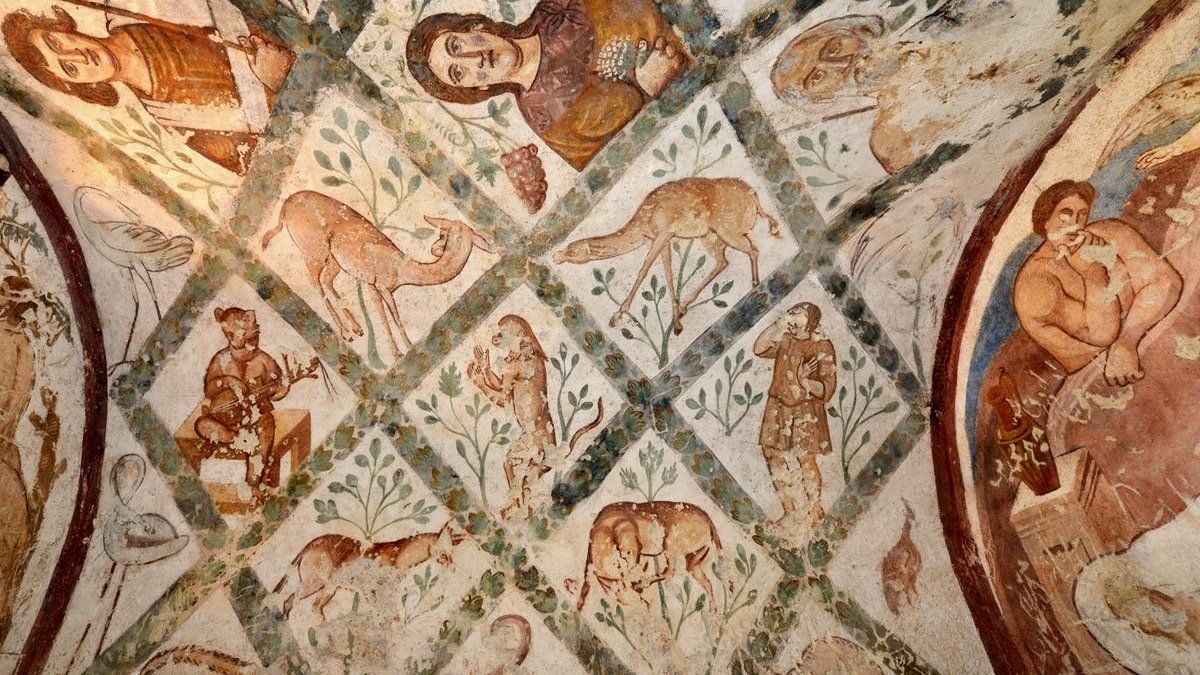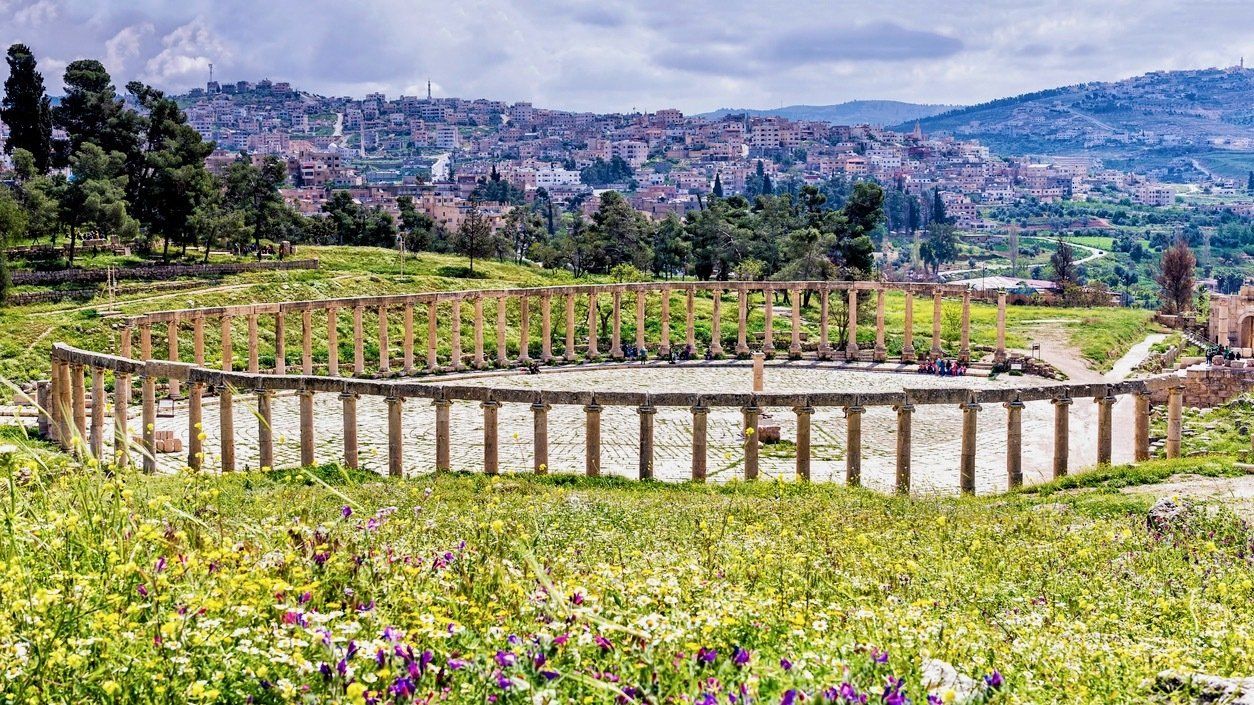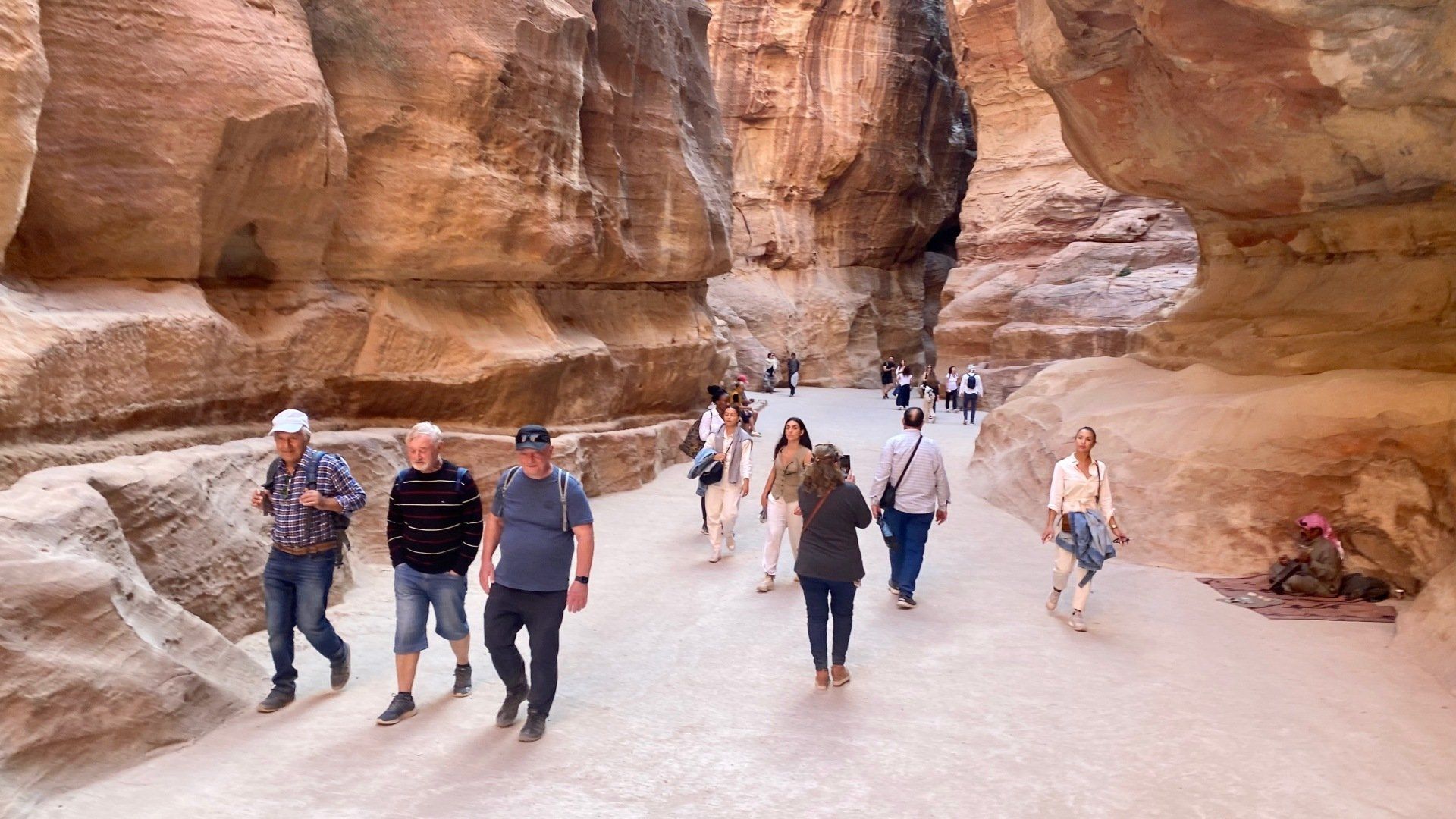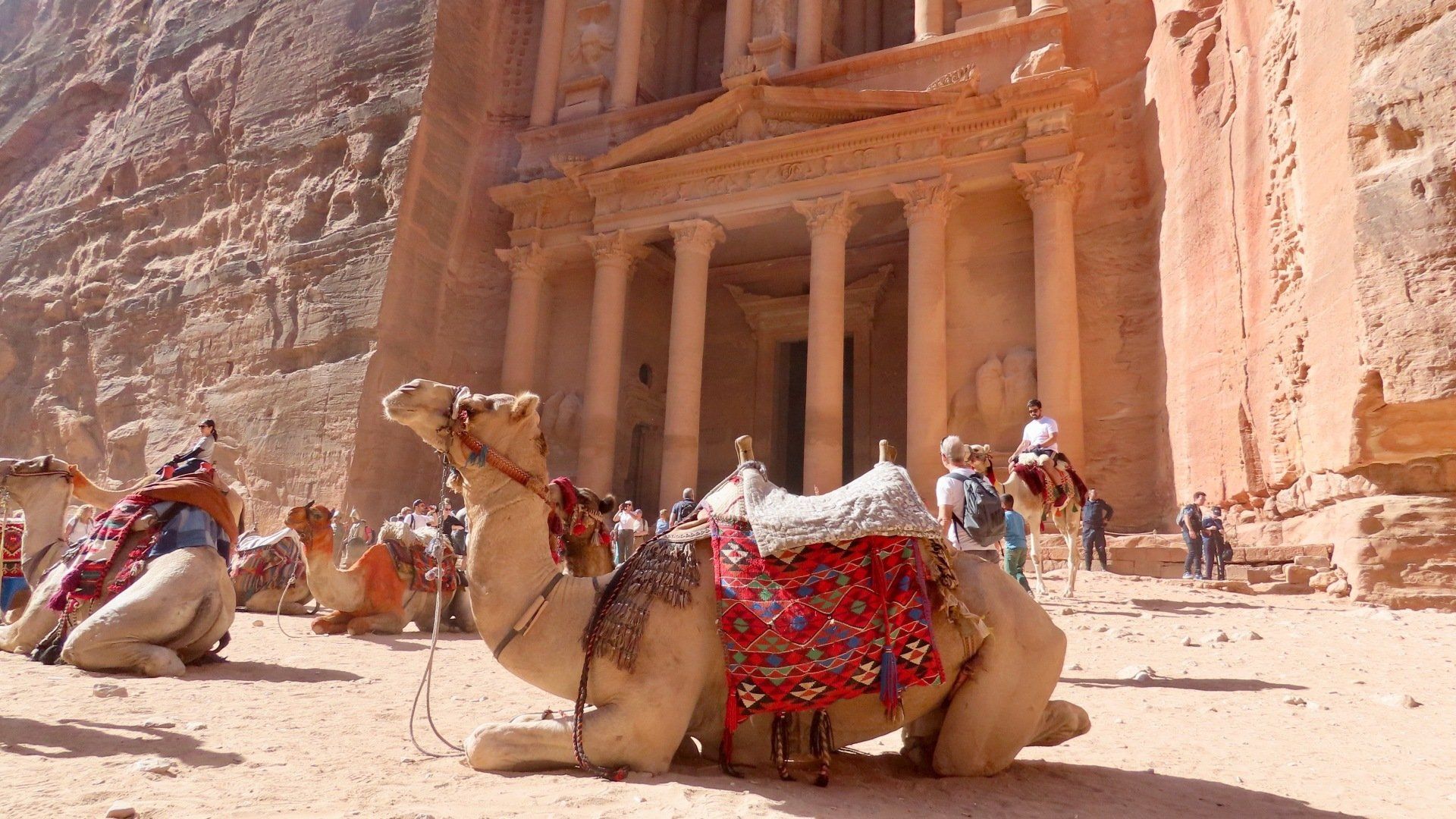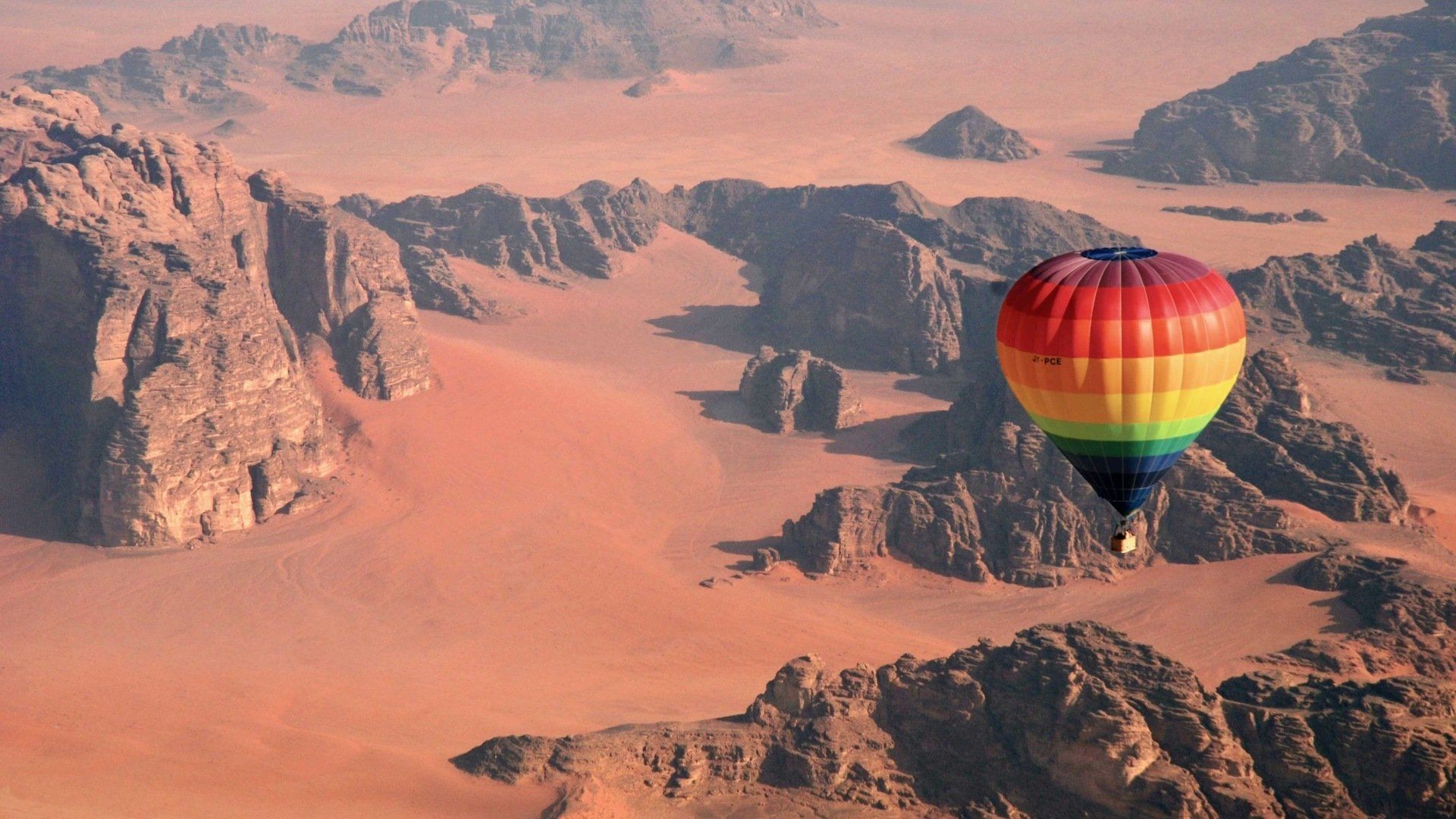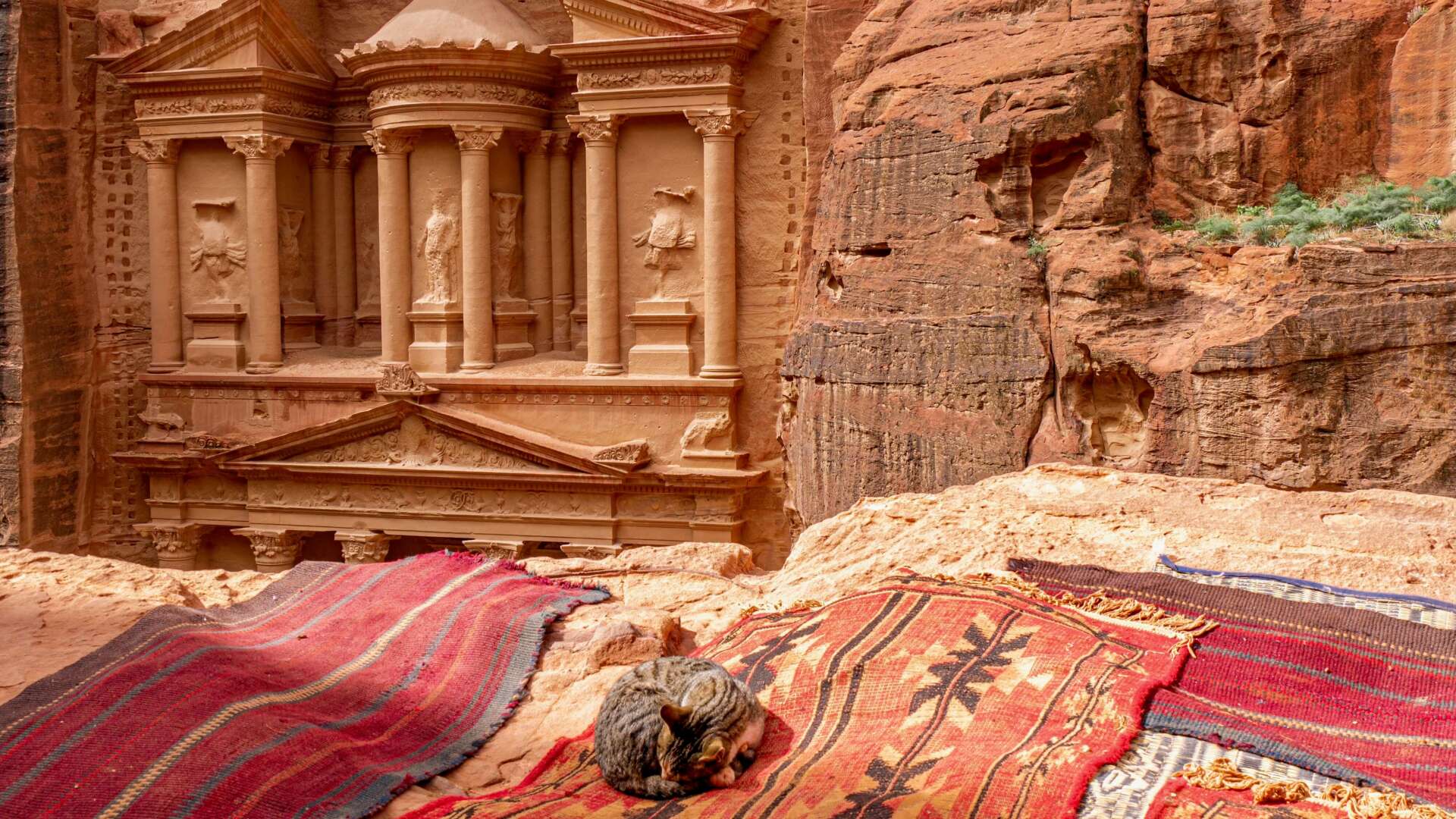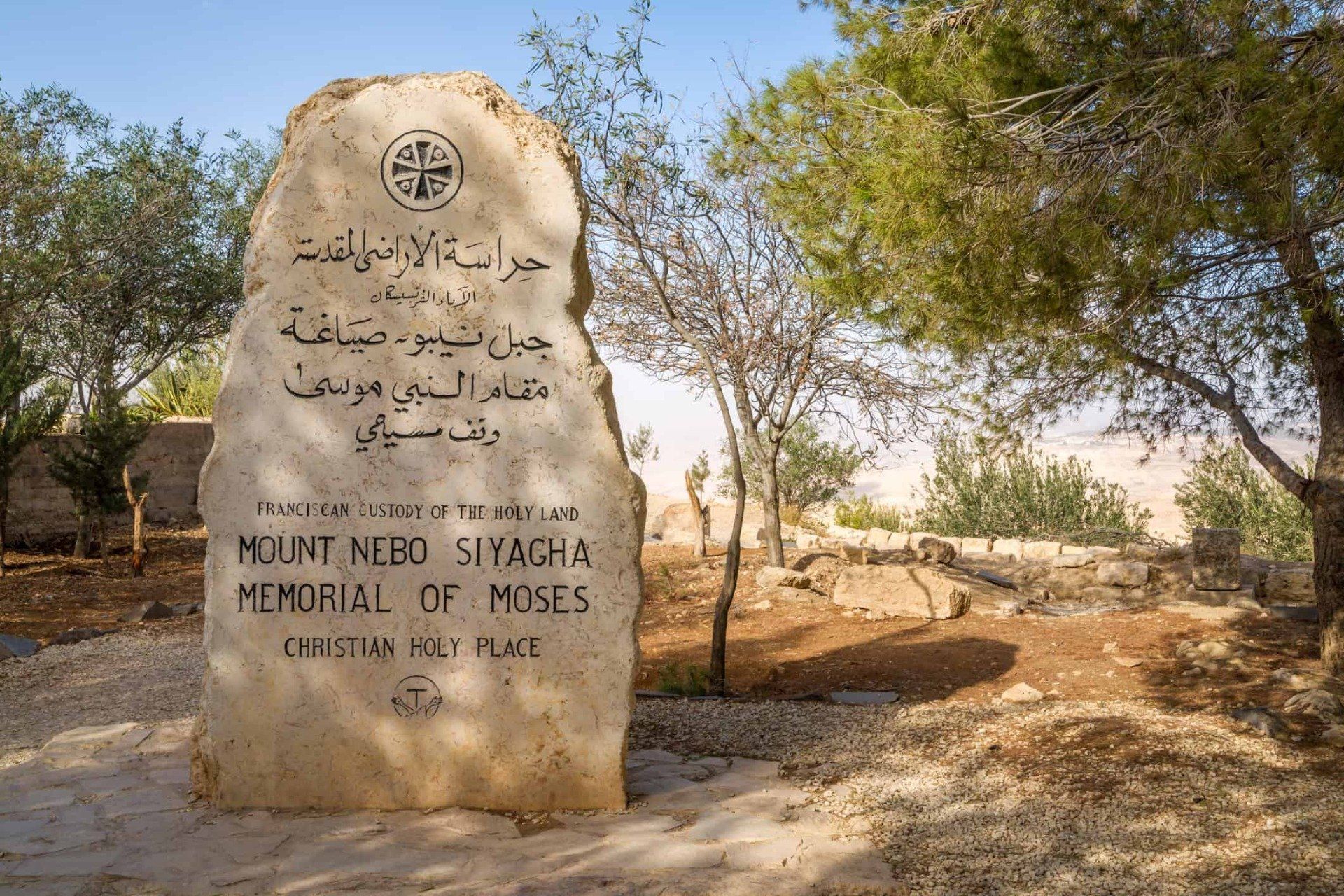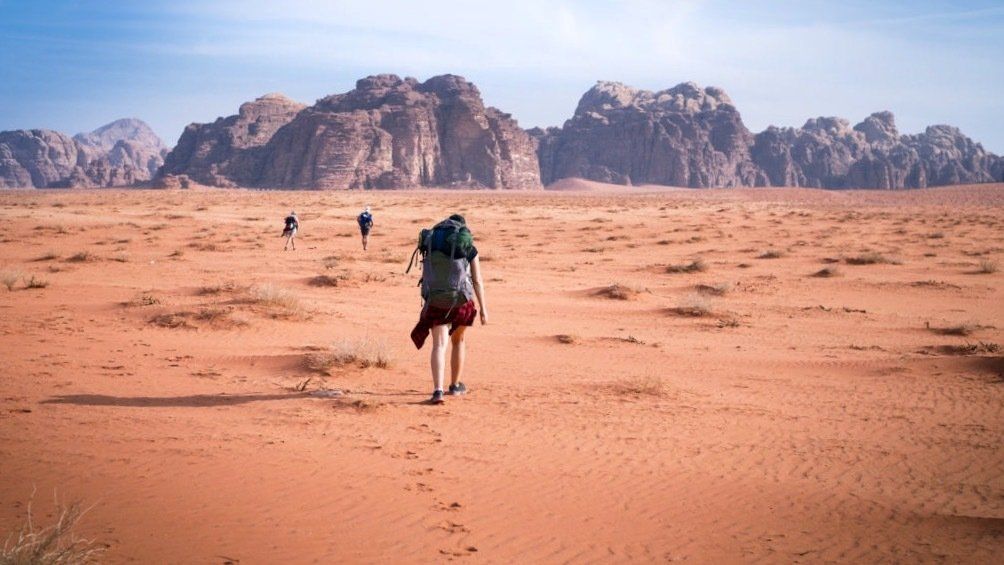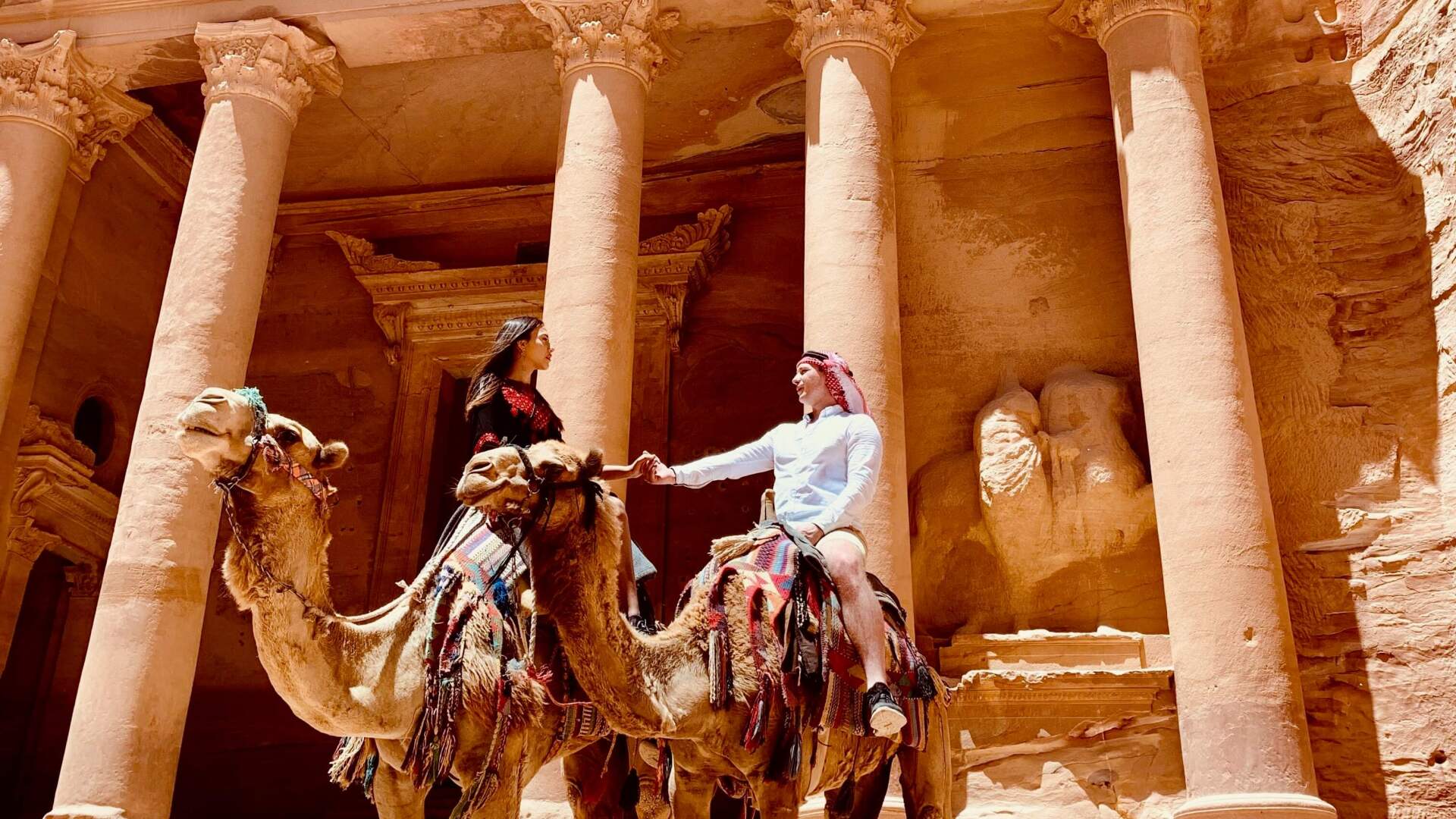Questions & Answers about Jordan
Travelling to a new destination raises many questions. Here are some answers to help you properly prepare for your Jordan journey.
You can
click on the question's title, and the
answer will expand below. If we have missed anything, please send us an
e-mail, and we will gladly assist you.
-
How do I get to Jordan?
Jordan has two international airports: Queen Alia International Airport in Amman and King Hussein International Airport in Aqaba. If you travel from South Africa, you can fly to Amman Airport with Egypt Air or Ethiopian Airlines.
-
Do I need a visa for Jordan?
SA passport holders require a visa – this visa will be obtained on arrival and is FREE of charge. Most other nationalities will need to obtain a visa to enter Jordan. Getting a visa is relatively straightforward, and many nationalities are eligible for a visa on arrival.
-
Is Jordan a safe place to travel?
Jordanians are known for their warm hospitality, making Jordan a safe place to visit and extremely welcoming. You should, however, still take precautions as you’d take anywhere else you travel. Leave the expensive jewelry at home, don’t flash your money around, keep your valuables close by, and don’t wander off alone at night. The political situation is stable, and Jordan has no specific travel warnings. In addition, the crime rate in Jordan is low.
-
When is the best time of year to visit?
While you can visit Jordan any time of year, spring (March-May) or fall (September - November, though September and October can still be hot) is likely to be the most comfortable weather-wise. Summer can be unbearably hot, and winter can be pretty cold and rainy, with shorter days and less light. If spring or fall travel isn’t possible, summer is the next best option — more sunlight means more hours to explore.
-
What currency do they use?
The Jordanian Dinar (JD) earned the position as the 4th strongest currency in the world today. One JD is approximately R26,00. In the main cities and most hotels, credit cards are generally accepted. However, you will likely find that smaller shops and restaurants only accept cash.
Destinations popular with tourists, such as Petra or the Dead Sea, are generally more expensive than the rest of the country.
-
Tipping in Jordan?
Tipping is not compulsory but is expected.
A 10% tip is standard.
In restaurants, a 10% service charge is often added (check your bill).
For porters, 1-2 dinars per bag is expected.
Housekeeping staff at least 2 JD per night, and the room service 2-5 JD
For spa treatments, be sure to tip there as well: 5-10 JD, depending on service and treatment.
-
What is Jordanian food like?
Jordan's food is very similar to Palestine, Lebanon, and Syria. You can buy Hummus and Falafel in almost every restaurant in Jordan. In addition to the popular Mezze (appetizers), the main dishes in Jordan are very savory and often consist of meat, rice, vegetables, and spices. Typical Jordanian food includes Mansaf (the national dish of Jordan), Zaarb (a Bedouin barbeque), and desserts such as Baklava and Knafa.
-
Can I drink the water?
Tap water is unsafe to drink in Jordan, only bottled mineral water is available from hotels, shops, and restaurants. Bottled water is expensive, especially around tourist hot spots such as Petra.
-
Is English spoken throughout Jordan?
English is spoken well by many residents involved in tourism throughout the country. The official language of Jordan is Arabic.
-
Is Jordan a family-friendly destination?
With culture and history overflowing, Jordan offers a wonderful family trip. Explore the historic ruins of Petra or relax by the Dead Sea. There is something for everyone, and hospitality is especially afforded to families.
-
What to wear in Jordan?
You must carry light clothes if you’re visiting Jordan from May to September. Those planning to visit from December to February, the winter season, must take heavy woolen clothes. Rainwear is recommended for those visiting between November to March.
Jordan has a relatively liberal society, and tourists can wear western clothes in modern cities like Amman and areas like the Dead Sea. However, while visiting more conservative places, you should wear loose-fitting clothes covering your legs, arms, and chest.
-
Is Alcohol Allowed?
It is acceptable to drink alcohol in Jordan as long as you respect the local people, customs, and laws (for instance, it is illegal in Jordan to drink in the street). Alcohol is readily available in restaurants and 5-star hotels. Most local restaurants, 4 and 3-star city hotels, and camps in Wadi Rum are dry, but some will allow you to bring your own drinks.
Alcohol is costly in Jordan.
-
Is it a good idea to visit Jordan during Ramadan?
You can visit Jordan during Ramadan, but certain religious practices sometimes interfere with the tourism industry's functioning. Jordan's tourist attractions are open daily, and you can book tours to visit any of them. However, tour guides and drivers will be fasting and praying; hence they may reduce their working hours to allow time for these practices. Generally, restaurants don't open during the day in Jordan during Ramadan. In addition, liquor stores are closed during Ramadan, and alcohol consumption is not permitted during daylight hours.
Jordanians, in general, are tolerant of tourists eating and drinking during Ramadan, but if you want to be respectful, try not to do it publicly.
-
When is the weekend in Jordan?
The weekend in Jordan is Fridays & Saturdays, but not all businesses are closed; only government offices and banks close on these two days, while most shops are open on Saturdays.
Anything else that I should know?
Jordan Tours
JORDAN SMALL GROUP TOURS
GROUP TOUR
7 days/ 6 nights
Highlights: Amman, Petra, Wadi Rum, Dead Sea
Date: Oct & Nov 2023
PILGRIMAGE TOUR
8 days/ 7 nights
Highlights: Um Qais, Bethany, Lot’s Cave, Mt Nebu, Petra & Wadi Rum
Date: Private Tour
HIKING & HIGHLIGHTS TOUR
11 days / 10 nights
Highlights: Amman, Dead Sea, Dana Reserve, Petra, Wadi Rum
Date: Private tour
ROMANTIC JORDAN
8 days / 7 nights
Highlights: Amman, Dead Sea, Petra, Wadi Rum
Date: Private Tour


